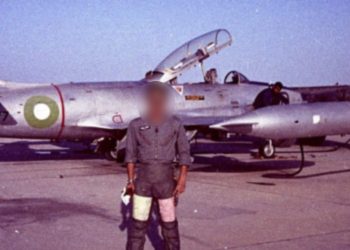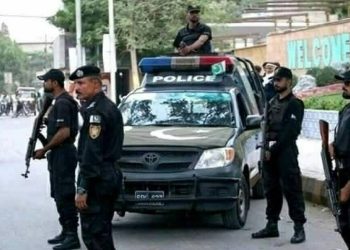The Commander of U.S. Central Command (CENTCOM), General Michael Erik Kurilla, has recognized Pakistan as a key partner in the global fight against terrorism.
Commending Pakistan’s contributions, General Kurilla stated that the international community acknowledges Pakistan’s positive and proactive role in counterterrorism efforts.
While addressing the U.S. Senate Armed Services Committee, General Kurilla emphasized, “ISIS-Khorasan is currently one of the most active terrorist organizations globally, and Pakistan has emerged as an exceptional counterterrorism partner.”
General Kurilla acknowledged that close intelligence cooperation with Pakistan has resulted in the killing and capture of dozens of ISIS-K terrorists, including at least five of their most wanted leaders.
He highlighted that Pakistani intelligence sharing led to significant U.S. successes, notably the capture and extradition of Jafar, the mastermind behind the Abbey Gate bombing.
The CENTCOM chief further noted that following Jafar’s arrest, Pakistan’s Chief of Army Staff, Field Marshal Asim Munir, personally reached out to inform U.S. officials. He added that Pakistan continues to conduct operations against ISIS-K through limited but effective intelligence collaboration.
According to General Kurilla, ISIS-K is currently active along the Pakistan-Afghanistan border, and Pakistan’s cooperation remains critical and effective in the broader global counterterrorism landscape.
The U.S. commander also revealed that since the start of 2024, Pakistan’s western regions have witnessed over 1,000 terrorist attacks, resulting in approximately 700 fatalities, including security personnel and civilians, and leaving around 2,500 injured. “Pakistan is actively fighting a robust counterterrorism battle,” he stated.
General Kurilla added that ISIS-Khorasan appears to be significantly weakened, largely due to heavy losses inflicted in recent months.
Concluding his remarks, General Kurilla stressed the importance of balanced diplomatic ties: “We need to maintain relationships with both Pakistan and India. I don’t believe this has to be a binary choice; having ties with one does not preclude having ties with the other.”


































